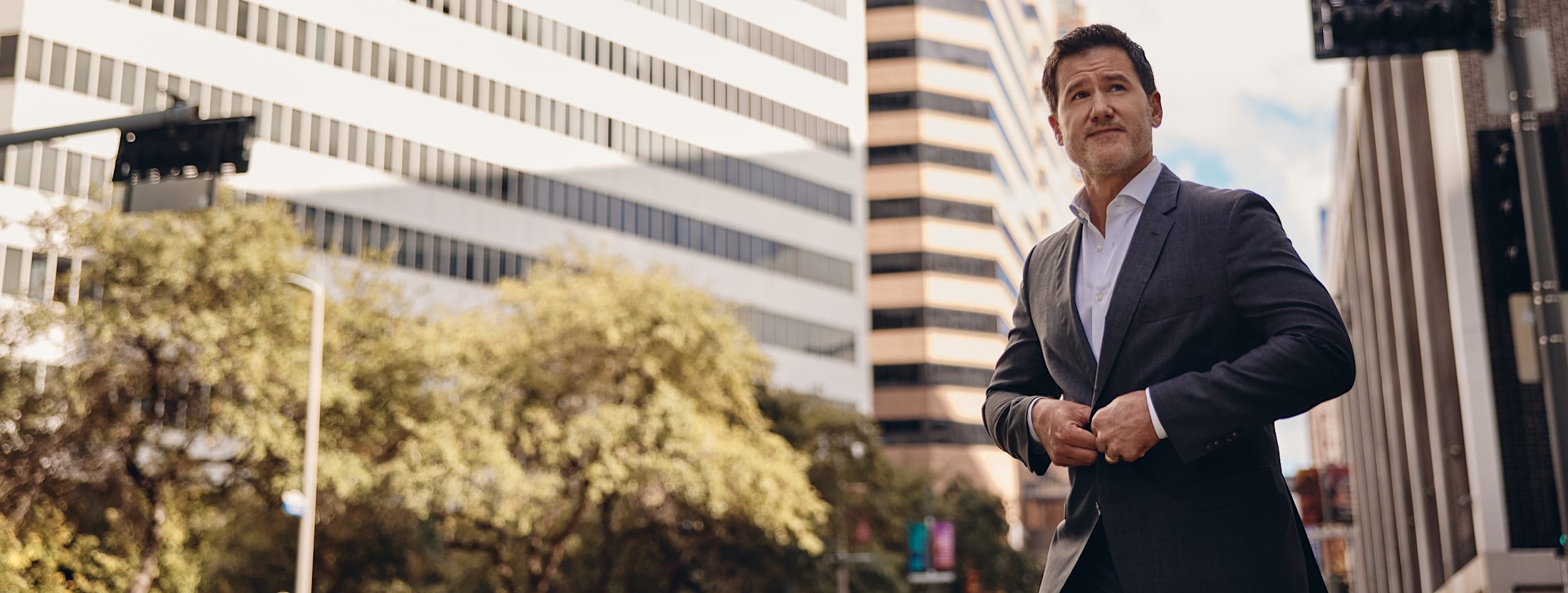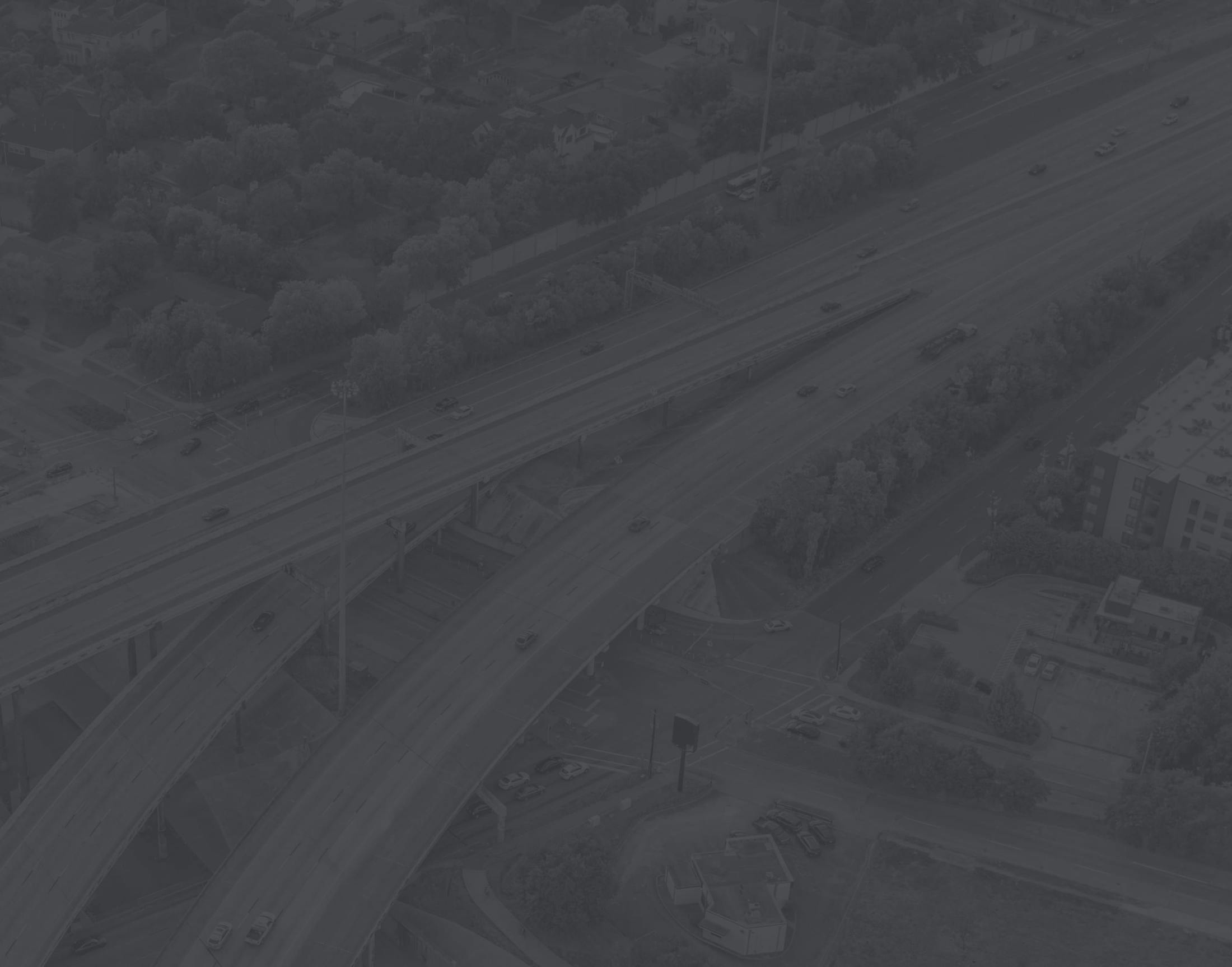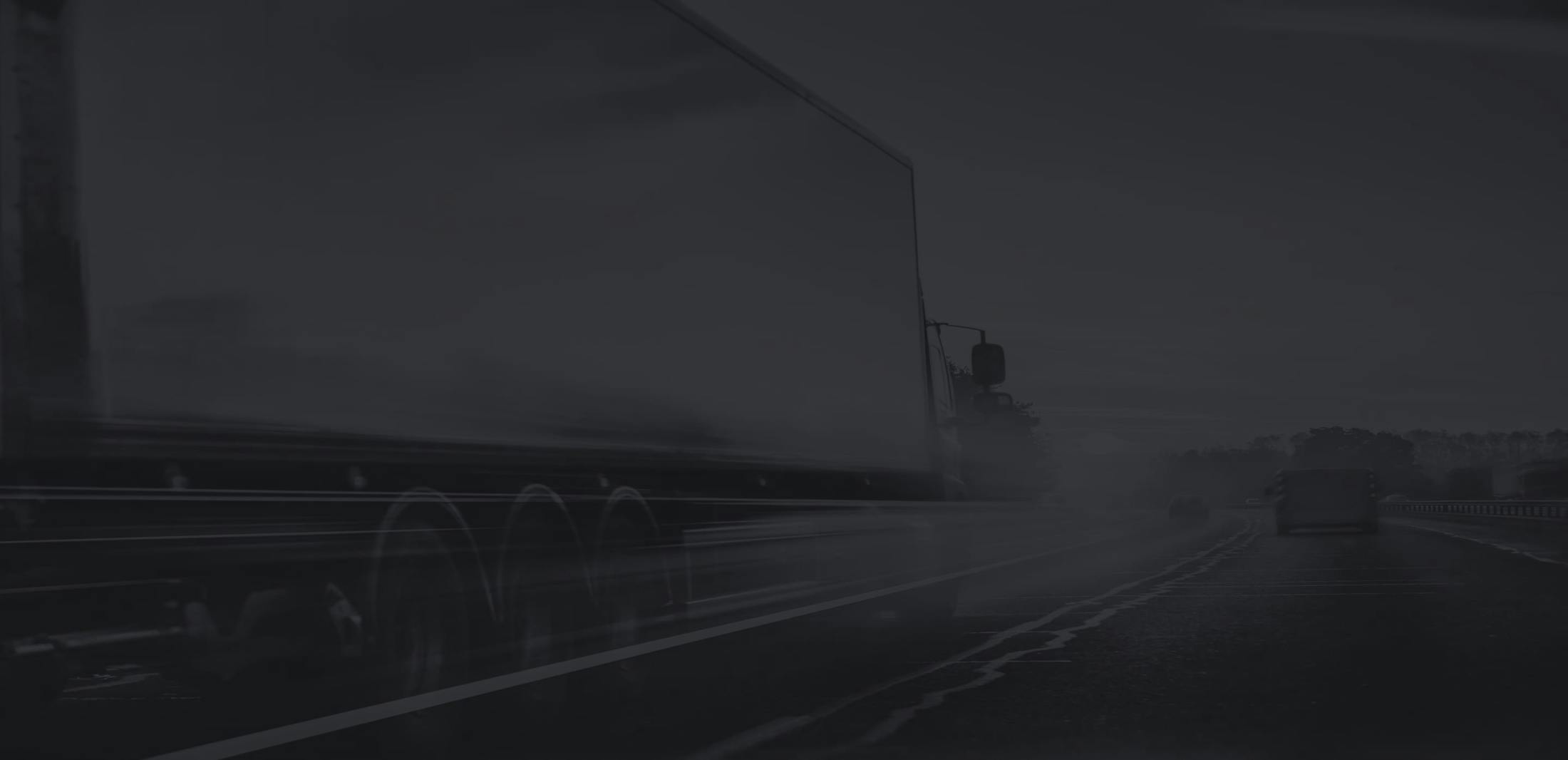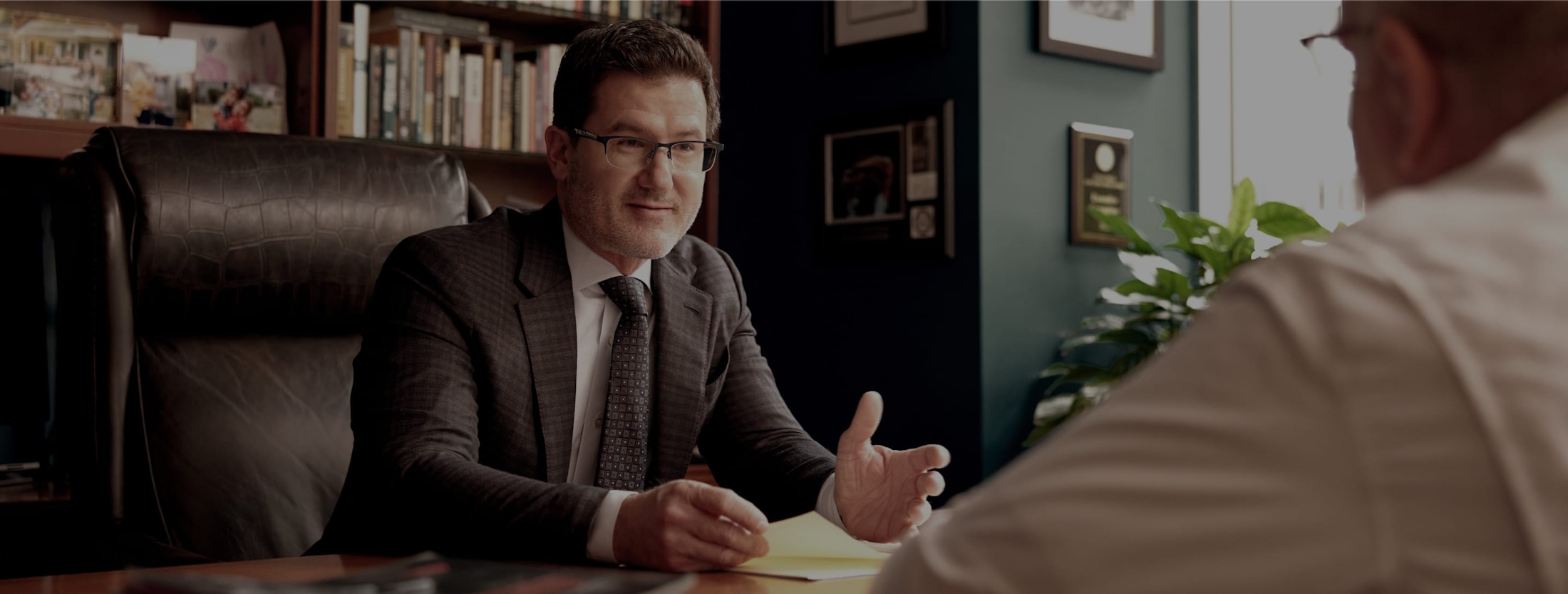Due to their size and passenger capacity, bus accidents can result in severe injuries. Victims may face complex legal challenges involving liability, requiring skilled representation to secure fair compensation and navigate claims against powerful entities.
Who Can Be Held Legally Liable in Bus Accidents?
The Bus Driver
- Negligence by the Driver: If the driver was distracted, fatigued, under the influence, or otherwise negligent, they can be held liable.
- Violation of Traffic Laws: Speeding, reckless driving, or failing to adhere to safety regulations can also place fault on the driver.
The Bus Company or Employer
- Vicarious Liability: Employers may be held liable for their employees’ actions under the legal doctrine of respondeat superior.
- Failure to Maintain Vehicles: Bus companies are responsible for ensuring their vehicles are safe and regularly maintained.
- Negligent Hiring or Training: A company can be liable if it fails to properly vet, train, or supervise its drivers.
Third-Party Maintenance Providers
If a third-party contractor responsible for maintaining or repairing the bus fails to perform its duties properly, it may be held liable for accidents caused by mechanical failures.
Bus or Parts Manufacturers
- Defective Products: Manufacturers of buses or bus parts can be held liable if a defect, such as faulty brakes or tires, contributed to the accident.
- Product Liability Claims: Victims may file claims for design flaws, manufacturing defects, or failure to warn of potential hazards.
Government Entities
- Public Transportation Accidents: To reiterate, if the bus is owned by a government agency (e.g., a city transit system), the agency may be liable under the Texas Tort Claims Act (TTCA).
- Road Hazards: Government entities responsible for maintaining safe roadways can also be held liable if poor road conditions or improper signage contributed to the accident.
Other Drivers or Third Parties
- Collisions Caused by Other Vehicles: If another driver’s actions caused the accident, they could be held partially or fully liable.
- Pedestrians or Cyclists: In rare cases, actions by pedestrians or cyclists may also contribute to the accident.
Ridesharing or Contracted Companies
For ridesharing buses or shuttle services contracted by schools, businesses, or events, liability may extend to the contracting entity if they fail to vet the bus operator or company.
Passengers (Rarely)
In rare cases, passengers whose actions directly caused the accident (e.g., interfering with the driver) may share liability.
Shared Liability
In many cases, more than one party may share responsibility for the accident. For example:
- Texas follows a modified comparative negligence rule, meaning liability is apportioned among parties based on their percentage of fault
- However, you can only recover compensation if you are less than 51% at fault





